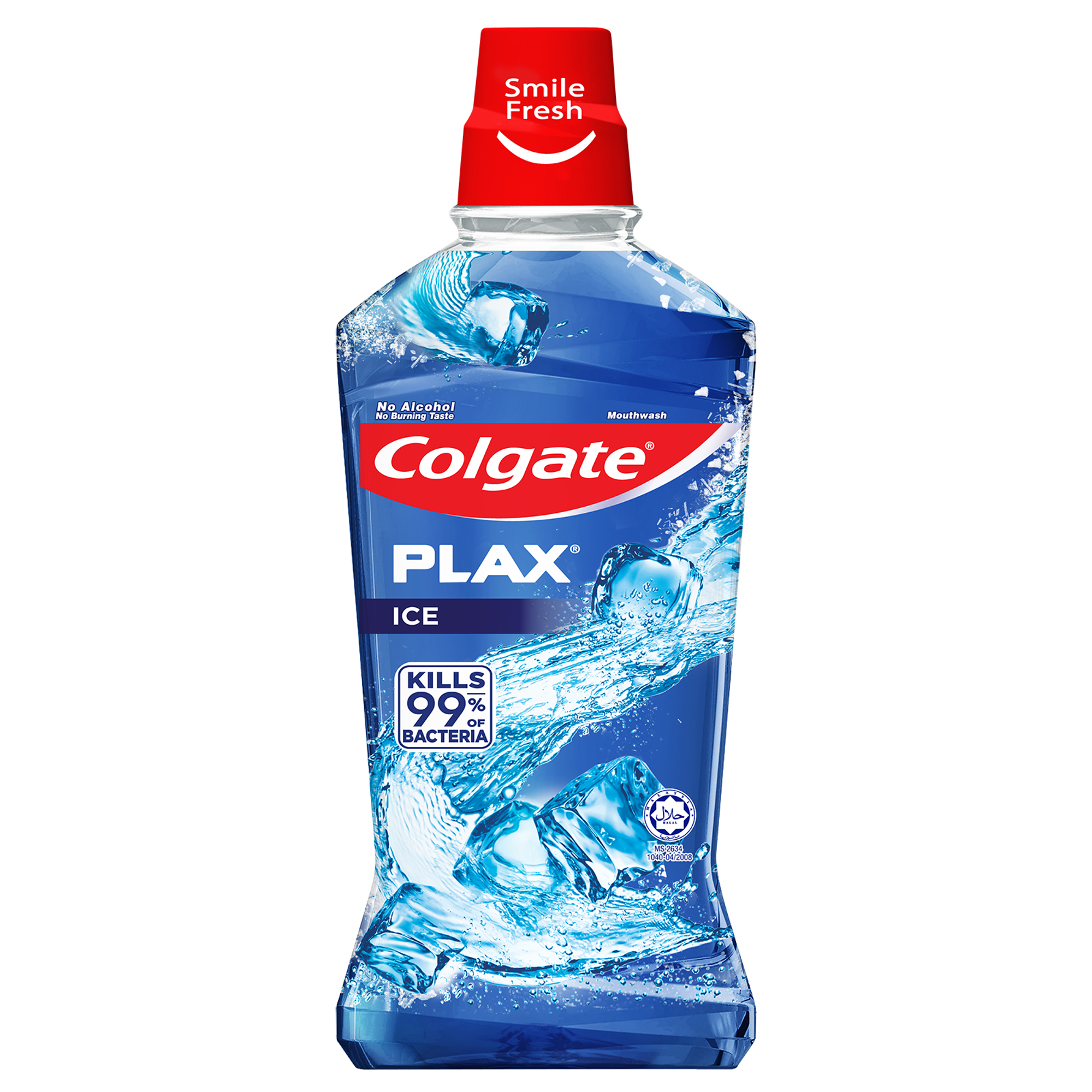- Oral Health and Dental Care | Colgate®
- Oral Health
- What Causes Smelly Breath (Halitosis)?
minute read


Before you can try to get rid of it, you need to figure out what causes halitosis. Halitosis, or bad breath, can be caused by many things, from diet to poor hygiene habits to illness. Some of those problems can be addressed at home, while others might require professional help.
Here's a breakdown to help you figure out what's causing the problem:
- Food Choices: Foods with a strong smell, such as onions or garlic, can cause bad breath, especially if you don't brush your teeth after eating. The same is true of coffee and certain other drinks, such as diet sodas. If you eat a lot of sugary foods and don't brush right away, chances are some of that sugar will adhere to your teeth. As sugar rots, it causes a strong odour.
- Dieting: It's not only what you eat, but also what you don't eat that can lead to bad breath. For example, low-carb diets can cause halitosis. As the body burns fat (instead of carbohydrates) for energy, it produces ketones, a foul-smelling end-product that can lead to bad breath.
- Poor hygiene: Skipping a single brushing here and there might not be the end of the world, but do it regularly and you might end up with bad breath. The same can happen if you brush but don't floss regularly, since toothbrushes can't remove food particles stuck between your teeth. If brush and floss regularly, still can't figure what's causing your halitosis , try adding an antibacterial mouthwash to your routine. That should help clear any remaining bacteria present in your mouth.
- Smoking: Aside from staining your teeth, smoking also damages your gums and causes bad breath. Chewing tobacco has the same effect.
- Poor health: Respiratory tract, sinus, and other infections are notorious for causing bad breath. In fact, chances are if you have a sinus infection, you'll have halitosis to go along with it. Other medical conditions that may cause bad breath include diabetes, some liver diseases and kidney disease. If you've tried everything else and you still have halitosis, you might want to talk to your doctor to rule out a more serious medical condition.

Helping dental professionals
More professionals across the world trust Colgate. Find resources, products, and information to give your patients a healthier future













